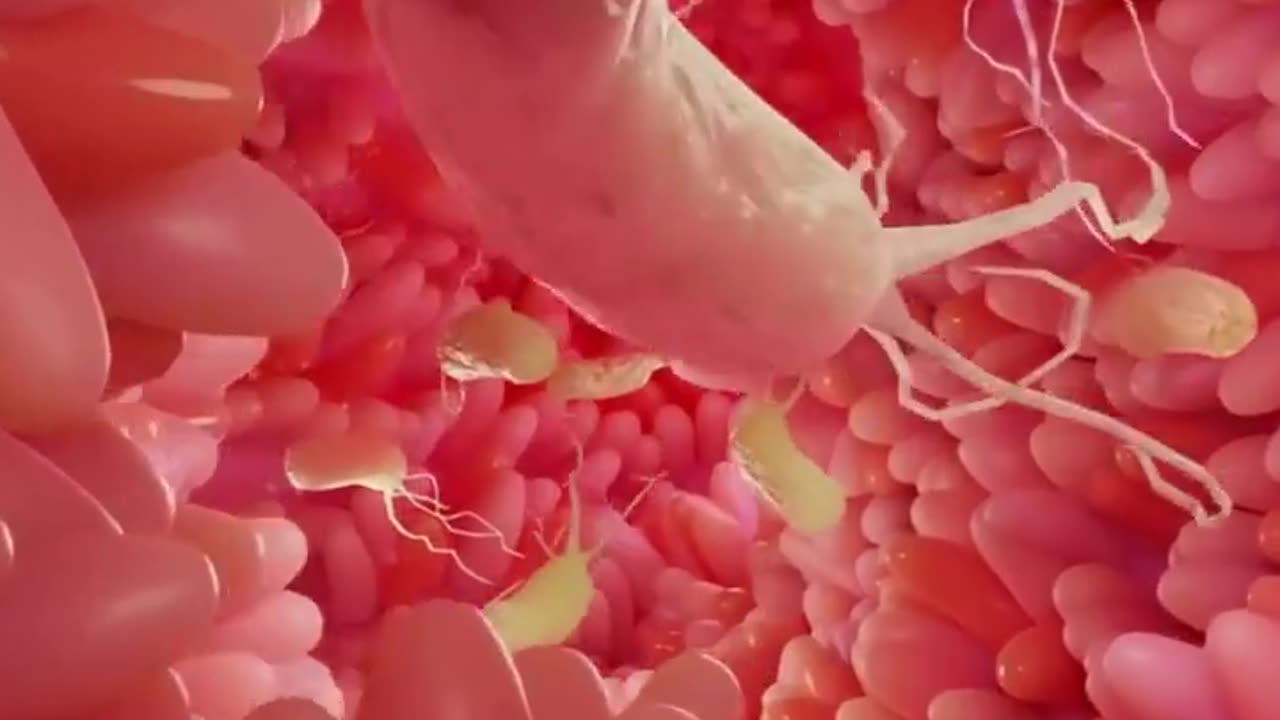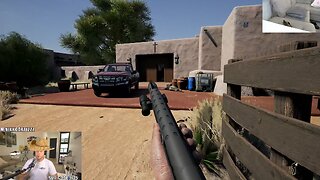Premium Only Content

Human digestive system with 3d animation
The human digestive system is responsible for breaking down food, extracting nutrients, and eliminating waste from the body. It is a complex system that involves several organs and processes. Here is a brief overview of the human digestive system:
Mouth: Digestion begins in the mouth, where food is chewed and mixed with saliva. Saliva contains enzymes that start the breakdown of carbohydrates.
Esophagus: After swallowing, the food travels down the esophagus, a muscular tube that connects the mouth to the stomach.
Stomach: In the stomach, food is further broken down by stomach acid and digestive enzymes. The stomach muscles churn and mix the food, creating a semi-liquid mixture called chyme.
Small Intestine: The chyme enters the small intestine, the longest part of the digestive tract. Here, further digestion occurs, and nutrients are absorbed into the bloodstream. The small intestine has three parts: the duodenum, jejunum, and ileum.
Liver: The liver plays a vital role in digestion. It produces bile, which helps break down fats, and also performs various metabolic functions.
Gallbladder: The gallbladder stores and concentrates bile produced by the liver. When needed, the gallbladder releases bile into the small intestine to aid in fat digestion.
Pancreas: The pancreas produces digestive enzymes that help break down carbohydrates, proteins, and fats. It also produces insulin and glucagon, hormones involved in regulating blood sugar levels.
Large Intestine (Colon): The remaining undigested food, water, and waste products pass into the large intestine. The colon absorbs water and electrolytes from the waste, forming feces.
Rectum: Feces are stored in the rectum until elimination.
Anus: The final stage of digestion is defecation, where feces are eliminated from the body through the anus.
Throughout the digestive process, various hormones and nerves control the movement of food and the release of digestive juices. The digestive system works in coordination to break down food, absorb nutrients, and eliminate waste, providing the body with the energy and essential substances it needs to function properly.
-
 LIVE
LIVE
BEK TV
22 hours agoTrent Loos in the Morning - 8/22/2025
242 watching -
 LIVE
LIVE
The Bubba Army
21 hours agoHogan's Death: Bubba Called it FIRST AGAIN! - Bubba the Love Sponge® Show | 8/22/25
3,759 watching -
 38:40
38:40
ZeeeMedia
16 hours agoMax Pace’s Crypto Revolution Story: Four Strategies to Win | Daily Pulse Ep 93
22K14 -
 2:16:46
2:16:46
"What Is Money?" Show
2 days agoBitcoin vs War, Violence, & Corruption w/ Gary Mahmoud
18.6K -
 28:33
28:33
DeVory Darkins
1 day ago $9.57 earnedNewsom suffers stunning EMBARRASSMENT as MAJOR retailer makes devastating announcement
27.5K62 -
 32:46
32:46
Coin Stories with Natalie Brunell
2 days agoInside Look at Strategy’s $70+ Billion Bitcoin Treasury
19.7K1 -
 8:21
8:21
MattMorseTV
17 hours ago $9.01 earnedTrump just SCORED a $500,000,000 LEGAL WIN.
118K44 -
 2:11:05
2:11:05
Side Scrollers Podcast
21 hours agoDISASTROUS Cracker Barrel Rebrand + Destiny PDF Allegations + More | Side Scrollers Live
76.3K28 -
 18:57
18:57
Nikko Ortiz
19 hours agoTexas Stand Your Ground Law
24.8K5 -
 18:55
18:55
GritsGG
13 hours agoFastest Killing Warzone SMG!
17.6K